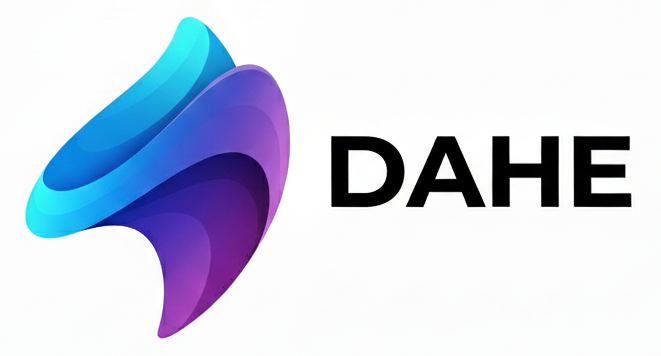[ad_1]
Decentralized Insurance: The Future of Risk Management
What is Decentralized Insurance?
Decentralized insurance, as the name suggests, is a type of insurance that works on a decentralized platform. This means that the insurance policies are created, managed and enforced without the involvement of a third party. The policies and claims are governed by the smart contracts on a blockchain network, which is a decentralized database where all the transactions are verified and recorded.
How is it different from traditional insurance?
Traditional insurance involves multiple intermediaries like brokers, agents, and underwriters. These intermediaries add to the cost of the insurance, making it an expensive proposition. They also create the possibility of conflicts of interest between the insured and the insurer. In decentralized insurance, the intermediaries are eliminated, resulting in a transparent and cost-effective platform.
Benefits of Decentralized Insurance
1. Transparency – With decentralized insurance, there is complete transparency as the policies and claims are governed by smart contracts on the blockchain network.
2. Cost-effective – Decentralized insurance eliminates intermediaries and reduces the cost of insurance. Smart contracts automatically execute claims and policies, saving time and cost.
3. Immutable records – Policyholders can be assured of the safety and security of their policies as all the transactions are recorded on a blockchain network. This ensures that the policy cannot be tampered with or modified.
4. P2P insurance – Decentralized insurance also opens the possibility of peer-to-peer (P2P) insurance, where policyholders can pool their premiums to insure themselves against a specific risk.
Examples of Decentralized Insurance
1. Nexus Mutual – Nexus Mutual is a decentralized insurance platform that provides insurance for smart contract risks. It is based on the Ethereum blockchain and uses smart contracts to manage policies and claims.
2. Etherisc – Etherisc is a decentralized insurance platform that provides coverage against flight delays and crop failure. It uses blockchain technology to automate policy payouts and reduce the cost of insurance.
3. InsurePal – InsurePal is a decentralized social proof insurance platform that rewards the policyholders for sharing their social network data.
Conclusion
Decentralized insurance has the potential to revolutionize the insurance industry by removing intermediaries, reducing costs, and increasing transparency. The use of blockchain technology ensures that all the transactions are verified and recorded, making it a secure and reliable platform for risk management. As blockchain technology continues to evolve, we can expect to see more innovative and decentralized insurance products in the future.
Decentralized insurance operates on a blockchain network with smart contracts governing policies and claims, eliminating intermediaries and offering transparency, cost-effectiveness, immutable records and peer-to-peer insurance. Examples include Nexus Mutual, Etherisc and InsurePal.
#Decentralized #Insurance #Future #Risk #Management
[ad_2]





Leave a Reply